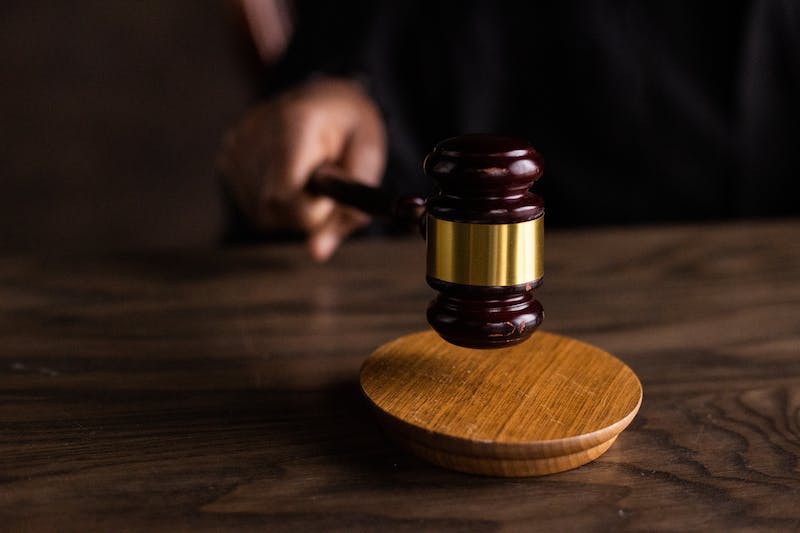Is OpenAI sued for stealing data from the public to train ChatGPT? What is the latest ChatGPT lawsuit update for now?
OpenAI’s ChatGPT, renowned for its advanced conversational abilities, has not been exempt from legal scrutiny.
ChatGPT has garnered widespread attention for its human-like conversational capabilities, revolutionizing how we interact with AI systems. Its applications span from content creation and customer support to educational assistance and brainstorming.
However, as with any technology, the potential for misuse or unintended consequences exists, leading to legal challenges. Recent developments have seen ChatGPT being entangled in a series of legal disputes. These updates offer valuable insights into the evolving legal landscape surrounding AI technologies.
See also: How Did ChatGPT Privacy Concerns Grow In Germany?
Privacy Concerns And Data Usage
Lawsuits have been filed against ChatGPT’s developers, alleging violations of privacy and data security. Plaintiffs argue that the system’s interactions might collect sensitive user data without explicit consent. The outcome of these cases could shape the regulations governing data usage by AI systems.
Copyright Infringement
Content generated by AI, including ChatGPT, has raised questions about copyright ownership. Some creators claim that the AI-generated text infringes upon their original works. This has prompted debates about the definition of creativity and authorship in the digital age.
Defamation And Misinformation
AI-generated content, if used for malicious purposes, can potentially spread false information or defamatory statements. Lawsuits targeting AI developers and platforms highlight the challenge of determining accountability when AI systems generate harmful content.
Ethical Use And Bias
Legal actions have been taken against AI models like ChatGPT for allegedly generating biased or discriminatory content. Plaintiffs argue that the developers have a responsibility to ensure the system’s ethical use. These cases underscore the ethical dimensions of AI development and deployment.
Intellectual Property Claims
AI models are trained on vast datasets, raising questions about the intellectual property rights of the data contributors. Lawsuits involving ChatGPT revolve around whether the system’s training data includes copyrighted or proprietary information without proper authorization.
Frequently Asked Questions
Has ChatGPT been sued?
Unauthorized use of hundreds of millions of people’s data was allegedly used in the training of two of OpenAI’s AI models, ChatGPT and DALL-E, according to a long lawsuit filed last week against the company.
Which company behind ChatGPT is now facing a massive lawsuit?
The creator of ChatGPT, OpenAI, has recently been the target of litigation alleging copyright infringement from U.S. novelists, comedian Sarah Silverman, and others.
Is OpenAI sued for stealing data from the public to train ChatGPT?
A new complaint that demands compensation for those individuals claims that OpenAI, the artificial intelligence company behind ChatGPT, changed from a non-profit research lab to one that is illegally taking the private information of millions of users to train its tools.
See also: 5 Best ChatGPT WhatsApp Bot To Download
Conclusion
The legal challenges faced by ChatGPT serve as a reminder that as technology advances, so do the complexities of legal considerations. These developments emphasize the need for a collaborative effort between the AI community, legal experts, and regulators to shape a future where AI technologies can flourish within a framework of ethical use, transparency, and accountability. As the legal landscape evolves, the outcomes of these lawsuits will contribute to shaping the trajectory of AI’s integration into our lives.
